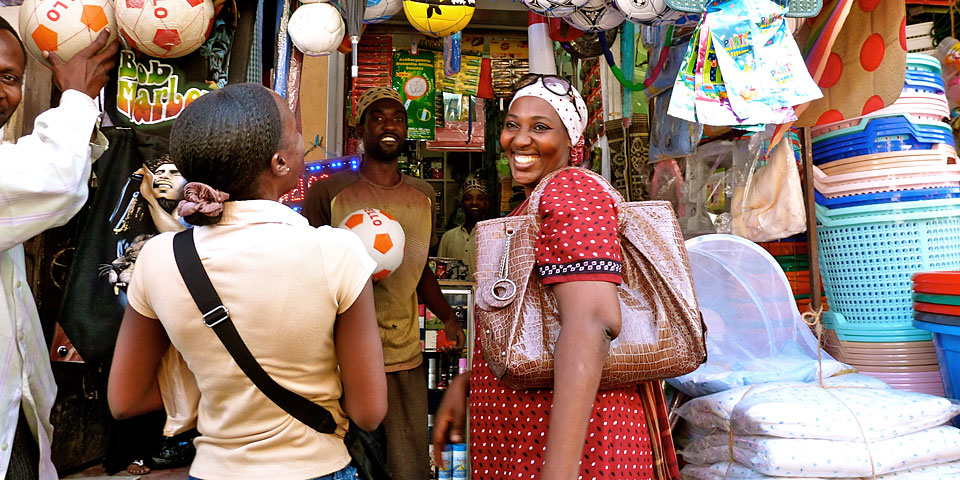
Studies
Studying Anthropology in Basel
Anthropology asks what being and becoming human means across different social, cultural and historical contexts. It asks: How do people inhabit the global order through particular local worlds? This requires anthropologists to exercise their imagination and decenter common understandings of social relations, economic livelihoods and political power, among other things. They must thus strive to broaden the possible ways of perceiving and conceiving key challenges of our times.
Anthropology at the University of Basel has had several regional and thematic foci, originating from its history. These have included Africa, Latin America, Oceania and, more recently, also Eastern Europe and the Afro-Atlantic. Our research and teaching focus thematically on general anthropology; the global economy; migration, mobility and belonging; gender, sexuality and kinship; medicine, health and the body; and the politics of knowledge production; among other things.
From a methodological perspective the Institute of Social Anthropology represents primarily qualitative and interpretive approaches. In particular, it nurtures the development of methods that can detect current changes under globalization.
Prerequisites
The most important prerequisite for studying anthropology is a genuine interest in everyday life and its social and historical contexts.
Good English skills are expected and will be further developed as part of the program.
Professional Perspectives
Future anthropologists often take an active role in shaping their own professional environment, which can be both an opportunity and a challenge. Thanks to the broad knowledge acquired during the study of anthropology such as the collection and processing of complex information, writing, reading, and presentation skills, our graduates find positions in various career fields, including development cooperation; intercultural mediation; migration, refugee services and social work; media, public relations and journalism; museums, archives and independent curating; tourism; public health sector and sustainability; international enterprises; diplomacy and politics.
Anthropology demands the open-mindedness with which one must look and listen, record in astonishment and wonder that which one would not have been able to guess
Margaret Mead (1901-1978)

